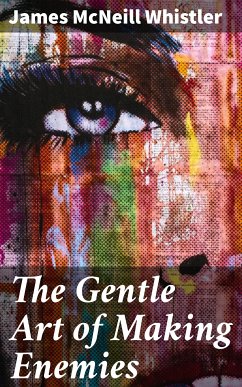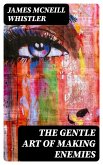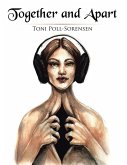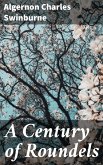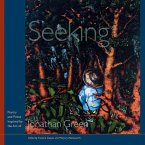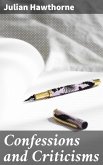In "The Gentle Art of Making Enemies," James McNeill Whistler employs a fascinating blend of wit, satire, and candid commentary on aesthetic principles and artistic rivalry, reflecting his experiences in the art world of the late 19th century. The book is structured as a collection of art-related anecdotes, critiques, and musings that deftly reveal the complexities of Whistler's interactions with critics, patrons, and fellow artists. Written in a highly engaging literary style, it shifts between autobiographical narrative and philosophical exposition, exemplifying the artist's sharp intellect and his commitment to challenging the conventions of his time, positioning him as a pivotal figure in the Aesthetic Movement. James McNeill Whistler (1834-1903) was an influential American artist known for his distinctive approach to painting, emphasizing the interplay of color and harmony. Born in Massachusetts and later residing in Europe, Whistler'Äôs edgy relationships with contemporaries and his defiance of traditional norms often sparked controversy. His contentious engagements with the art establishment and a keen interest in the perception of beauty informed the thematic essence of this book, making it a reflection of his life philosophy and artistic convictions. For readers and art enthusiasts alike, "The Gentle Art of Making Enemies" serves as an essential exploration of the artistic temperament and the socio-political dynamics of the 19th-century art scene. Whistler's insightful and often humorous critiques offer a compelling perspective on art and critical reception, making the book not only an invaluable resource for understanding his own works but also a timeless commentary on the nature of artistic relationships. Highly recommended for anyone intrigued by the confluence of art, personality, and society.
Dieser Download kann aus rechtlichen Gründen nur mit Rechnungsadresse in A, B, BG, CY, CZ, D, DK, EW, E, FIN, F, GR, H, IRL, I, LT, L, LR, M, NL, PL, P, R, S, SLO, SK ausgeliefert werden.
Hinweis: Dieser Artikel kann nur an eine deutsche Lieferadresse ausgeliefert werden.

